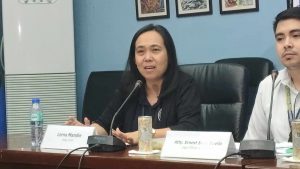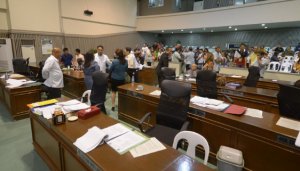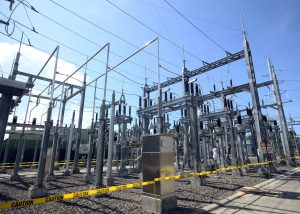The Land Transportation and Franchising Regulatory Board said there are 300 remaining slots for the Tsuper Iskolar Program, which helps drivers transition during the government’s transport modernization plan.
The LTFRB has already issued an extension for public utility jeepney drivers to apply for the Tsuper Iskolar program. Under the initiative, PUJ drivers who will be affected by the modernization program can avail of free training for welding, pastry making, and dressmaking provided by the Technical Education and Skills Development Authority (Tesda).
The LTFRB expected that the slots left will be occupied by Nov. 30, 2019.
Armand Dioso, regional director, said, “We still have slots to be taken by drivers. They still have the opportunity to avail the program,” he said.
In the LTFRB XI report, the Tesda XI allocated 1,205 slots for PUJ drivers. He said they will continue to extend the program until all the slots are occupied.
Dioso urged PUJ drivers to apply in the program to give them more opportunities when the modernization program pushes through. Meanwhile, he also said that Tesda XI will add more slots, if possible.
“The LTFRB provided this program for PUJ drivers. It is important that they are to avail this program.
This will help them especially that the modernization program is approaching,” he said.
Recently, the National Economic Development Authority has approved the Davao Public Transport Modernization Project (DPTMP), which includes the implementation of the High Priority Bus System (HPBS) in the city.
“We very much welcome the approval of the transport modernization project as we are also pursuing the modernization program,” he said.
“The city government will provide for the personnel, especially the City Transport and Traffic Management Office (CTTMO), to make sure that all the buses will comply with the traffic rules and regulations of the city. The LTFRB also will be holding a driver’s academy program to ensure that our bus drivers undergo training on road safety,” Dioso said.
The implementation of the said project is scheduled from 2020 to 2023, with the DPTMP’s aim to provide efficient and affordable mode of transportation for the people of the city through the delivery of HPBS. However, Dioso said that as of now, no specific timeline has been provided for the implementation of the HPBS.
“Probably, now that the NEDA approved the project, we only wait for the funds to really start the implementation of the HPBS,” he said.
More or less 1,200 expected buses will be deployed during the implementation of the HPBS and will initially operate on 29 routes in the city. The city government will still determine if there is a need to expand and add some more bus routes in the city.



